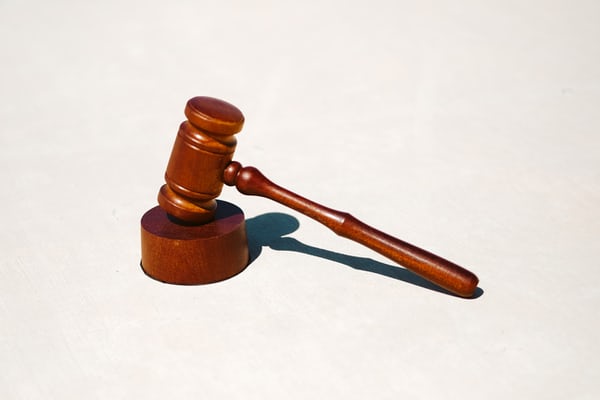
According to the Utah criminal code, manslaughter is one of many types of criminal homicide. It may seem a little tricky to understand the difference between manslaughter and murder, but the general explanation is that murder is an intentional homicide, while manslaughter can be a homicide caused by recklessness (that wasn’t necessarily intentional). However, there are other factors that can determine the classification of a homicide. So here are four questions you might have about manslaughter crimes in Utah.
Before we define manslaughter, we need to define a few other words first. These definitions have been edited for clarity. For the full definitions see the Utah code website.
This means a person is aware of a substantial risk associated with his or her actions but consciously disregards it.
This means a person willfully chooses to act in a way that creates an outcome he or she desires.
This means a person is aware of the nature of his or her conduct and that they would reasonably assume a certain outcome resulting from that conduct.
Now that we know some basic definitions, below are the actions that constitute manslaughter according to the Utah criminal code.
In Utah, manslaughter is classified as a second-degree felony. The punishment for a crime of that nature is imprisonment for a term of no more than 15 years and a fine of no more than $10,000.
In addition to the penalties associated with a second-degree felony, an individual who is convicted of manslaughter will also have his or her driver license revoked if their crime was a result of driving a motor vehicle.
You may have heard the term involuntary manslaughter. Under Utah code, the crime of involuntary manslaughter does not exist. However, there is essentially an equivalent crime called negligent homicide. Generally, negligent homicide is a class A misdemeanor (carrying a punishment of imprisonment for up to a year and a fine up to $2,500)
The Utah criminal code refers to negligence in two different ways: negligence and criminal negligence. Again, these definitions have been edited for clarity. For the full definitions see the Utah code website.
This means the failure to exercise a degree of care that a reasonable and prudent person would exercise under similar circumstances.
A person is criminally negligent when he or she ought to be aware of a substantial risk and fails to recognize it and avoid it. The risk must be of a nature and degree that the likelihood of injury to another person or property is more than substantial and that an ordinary person would not act in a way to allow it to happen.
Regardless of the type of negligence that led to a homicide, negligence behind the wheel of an automobile increases the severity of the crime.
Utah code talks specifically about automobile homicide as caused by impairment, which includes distraction by a handheld wireless communication device or a blood alcohol level over the legal limit.
If you or a loved one has been charged with manslaughter or negligent homicide, the expert lawyers at Brown, Bradshaw & Moffat can help you determine the best course of action. Our defense team has handled manslaughter cases for decades, and we will fight to defend your rights.
Contact us at (801) 532-5297 for a free consultation if you have questions about manslaughter charges, or if you are ready to talk about the best way to defend your case.


